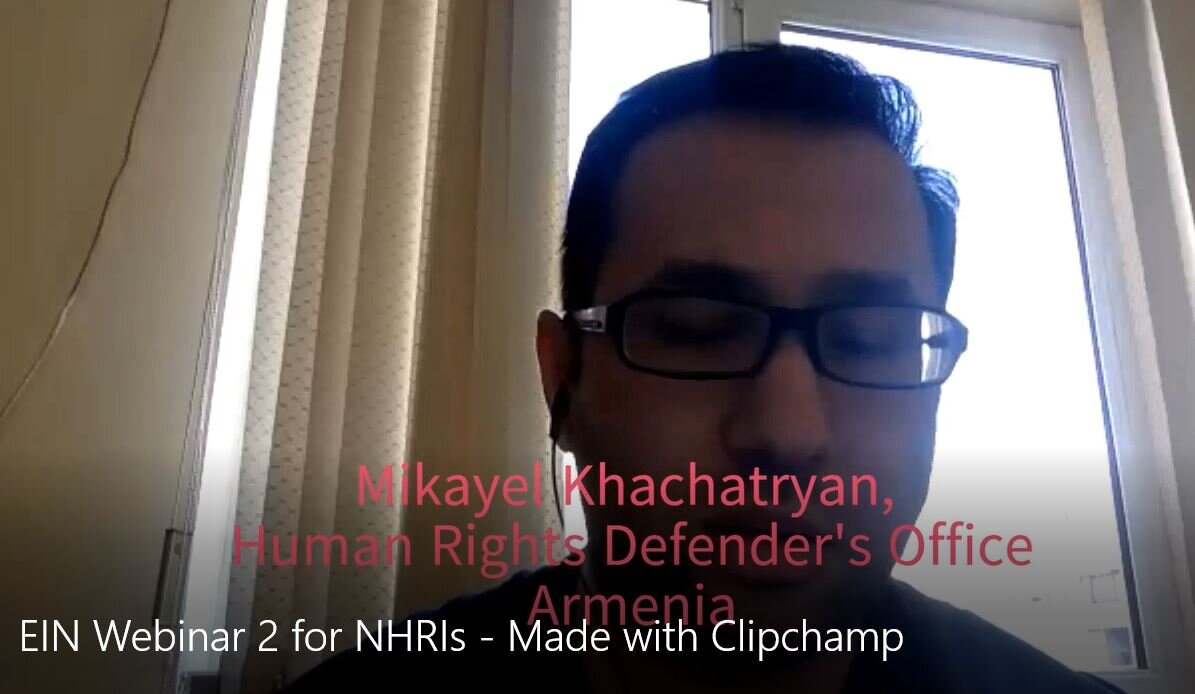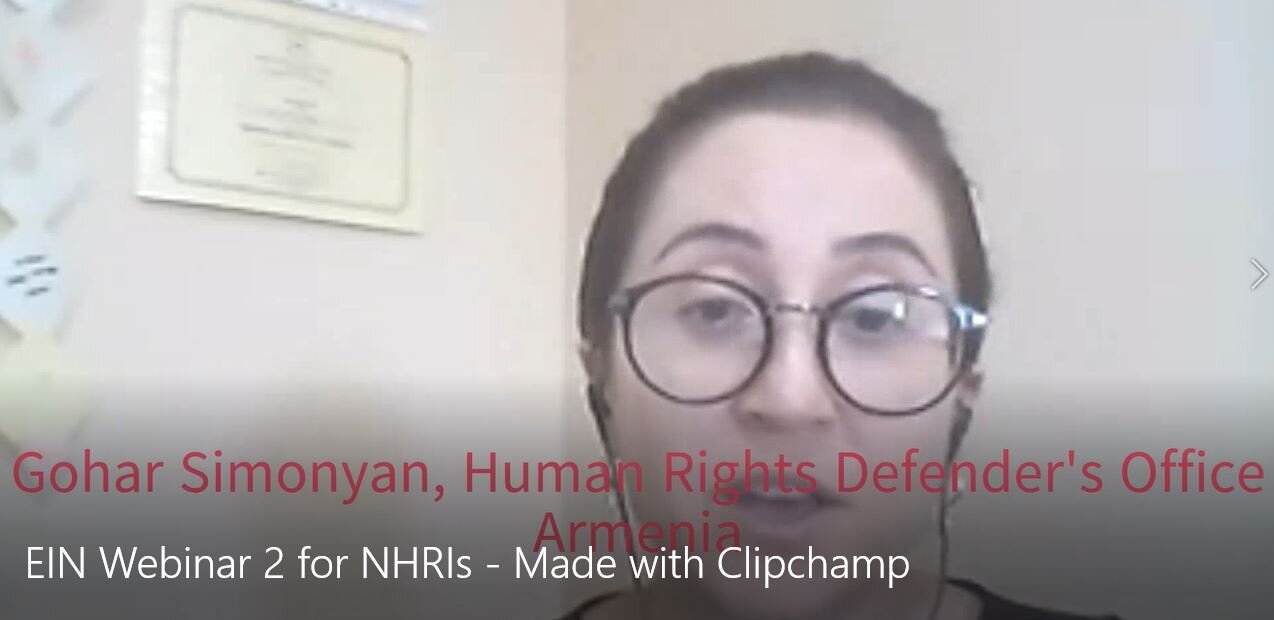Judicial independence in Hungary and protection of family life in Russia at the heart of EIN briefing
/
EIN held its latest civil society briefing on 17th September 2020. Due to the Covid-19 crisis, the event was held online.
The briefing focused on the following cases:
1) Baka v Hungary, concerning judicial independence.
2) Khanamirova v Russia, concerning the failure of authorities to ensure mothers have custody of their children in accordance with court orders.
You can find a summary of their Recommendations on these cases here.
Baka v Hungary
This case concerns the undue and premature termination of the applicants’ mandates as President of the former Hungarian Supreme Court through ad hominem legislative measures adopted in the context of a major reform of the judiciary. The legislative act was of constitutional rank and thus not subject to review by the Constitutional Court. The Strasbourg Court found violations of the applicant’s right of access to court and freedom of expression.
The presentation was given by András Kádár, Co-Chair of the Hungarian Helsinki Committee, and Dávid Vig, Director of Amnesty International Hungary. You can find the video of their briefing below. As you will see, there is a statement from Judge Baka at the start of the video.
Relevant documents:
Joint submission by Amnesty International and the Hungarian Helsinki Committee (July 2020), and reply by the authorities
ECHR judgment (June 2016)
Khanamirova v Russia
This group of cases concerns non-enforcement of judicial decisions concerning child custody (violation of Article 8).
The presentation was given by Stichting Justice Initiative. Prior to the presentation, there is a short video involving interviews with victims of ongoing violations. All of the mothers in the videos have obtained judgments from the ECtHR or are involved in litigation there. You can also find here further information on custody rights/family kidnapping in Russia.
This is a group under standard procedure that is not on the agenda for the upcoming CM-DH meeting. However, EIN believes that it deserves the immediate attention of the Committee of Ministers because: it is a shocking human rights violation, which is exacerbated with every passing day, but where we believe rapid progress can be made if the case receives sufficient attention. The presentation of this case has therefore been arranged in order to call for it to be debated at the December CM-DH Meeting.
Relevant documents:
Rule 9.2 by Stichting Justice Initiative (April 2020)
ECHR judgment (June 2011)





